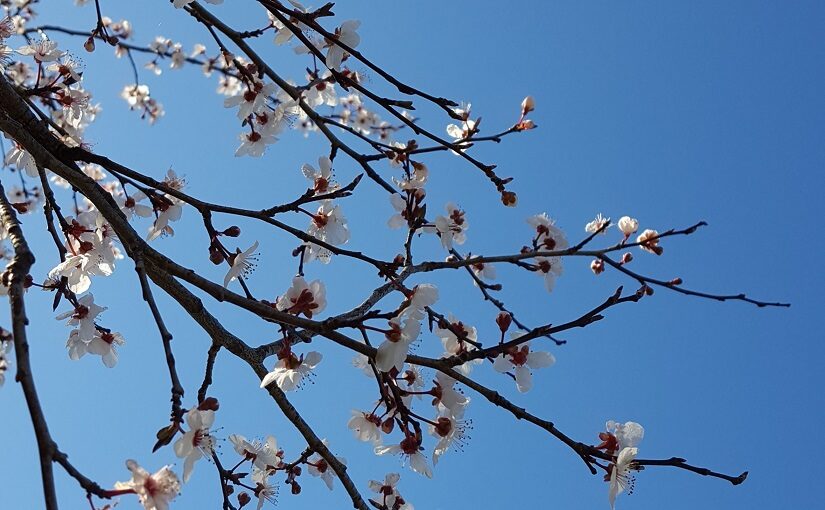Of all the qualities that “live” within human society, which “should” be leading us towards our future? Should it be profit or growth – progress at almost any cost – or are there other things that could stand against such imperatives? Should it be the stronger or the weaker who are our greatest concern? Can we call ourselves “successful” as humans if we’re destroying our security or allowing our own to fall behind?
Is there just “one way” that should dominate? A sort of “survival of the fittest” mindset where one particular view of what it is to be human – what our choices, priorities or values should be – inevitably comes to drive all others from the field. As if, logically, one set of ideas must defeat all others and emerge victorious as the only way to live. Sometimes it seems to be what we’re aiming for; limiting as any such vision might be.
Almost as if all we’re really doing here is arguing over what that “way” should be: picking at all the areas “this” isn’t working, isn’t bringing our finest values to life or creating a future many of us want to be living with. That, facing such a huge disparity between our ideals and realities, we struggle to understand where others are coming from or where the right paths are toward creating better solutions down the line. (Notes One)
As if “life” is always about seeking this balance between the “top down” idealism of concepts and the “bottom up” realities of the lives we lead and ways they affect us. Isn’t there often a vast dissonance between the two? Between the values we might hold dear and the evidence presented by the world around us – all the ways we’re treating our surroundings and all that’s saying about our true priorities, concerns or beliefs.
Doesn’t it matter how our lives make us feel? This question of how well our systems work “from the inside” (Notes Two). If society’s not working from the human perspective – the perspective of all people living within it – what are we to make of that? If structures or assumptions are making anyone feel their lives aren’t worth living, how well can such a social system truly be said to be functioning?
Don’t both sides – the ideals and realities, top and bottom – form part of the one reality? Those living “within” these systems perhaps even being better placed to speak of their understanding than those at some distant, shielded “helm” where realities barely touch them. Isn’t there pragmatic wisdom to living life, knowing it, and seeing exactly how problems arise? (Notes Three)
Maybe, then, the best leadership comes from us all? Those aware of the long, convoluted philosophical conversations that led us here. Those living with the realities that conversation produced. Those imparting understanding of it through education, culture or the media. And, more generally, those upholding it all in countless big and little ways as citizens. Doesn’t society rest on the dialogue of everyone playing our parts?
Notes and References:
Note 1: One thing leads to another
Note 1: Caught in these thoughts
Note 1: Where do ideas of evolution leave us?
Note 1: Seeing where others are coming from
Note 1: What if solutions aren’t solutions?
Note 2: Shaping the buildings that shape us
Note 2: Values & what’s in evidence
Note 2: Truth, behind art and tradition
Note 2: What it is to be human
Note 2: “The way things should be” as an add-on
Note 3: Those who are leading us
Note 3: Treating people like sims?
Note 3: Humans, tangled in these systems
Note 3: Problems & the thought that created them
Note 3: Value and meaning in our lives

